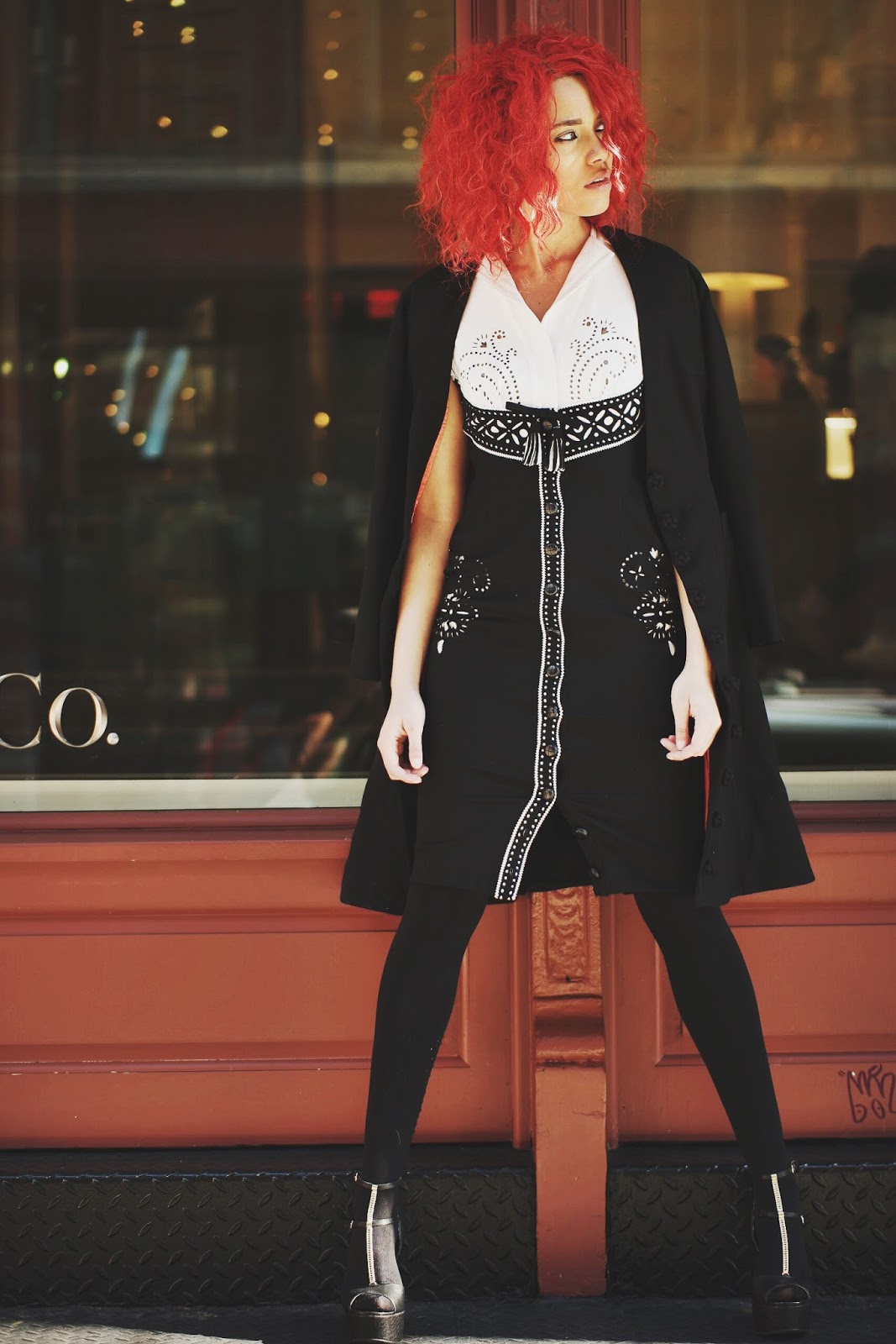How to find balance in your emotions
Between work, tasks, errands and chores that we accumulate during the day, it is easy for us to feel like we need to work 25 hours, seven days a week just to keep up. Everything on that instance becomes urgent and this may leave us overwhelmed therefore, it is important to have emotional balance because there is no end to the onslaught of modern life.
Being emotionally balanced means that you are allowing yourself to experience your feelings as they evolve bynot avoiding or suppressing them, also you are not being so attached to them and also not recognising that they are all-consuming. Emotional balance occurs when we allow ourselves to feel whatever comes up, without being overwhelmed by it, and learn to accept our feelings without judgment.
It is understandable that nobody wants to feel pain but avoiding it is not the answer. Our wishful thinking tells us that if we can just avoid the pain, it won’t affect us. Ironically, efforts to keep painful thoughts, feelings, and physical sensations at bay may work temporarily, at the end of the da, you have to deal with these challenges at some stage. The harder you work to avoid pain, the greater your suffering tends to be.
The following are several levels of awareness that might help you to cultivate your emotional balance.
1. Become consciously aware of the emotions you are experiencing. Although you may not understand or know what the feeling is, it is important to simply notice and acknowledge that you have some feeling.
2. Try to identify the particular emotion. Close your eyes, turn your focus inward, and allow yourself to experience that emotion in your body. Different emotions are typically experienced in different parts of the body. For example, anger might manifest as tightness in your neck and shoulders, sadness as an aching in your chest, fear as a knot in your stomach, and joy as warmth in your heart.
3. Put the emotion into words. “I’m feeling anxious.” “I’m feeling angry.” “I’m feeling sad.” Putting the emotions you experience into words by making these simple self-statements can create the space you can use to respond intentionally rather than react automatically and unconsciously.
Emotional balance can be achieved by practicing emotional regulation and distress tolerance. Emotional regulation relates to identifying the emotions that are being felt in the moment, and observing them without being overwhelmed by them. Emotional regulation skills include self-soothing activities that help to reduce emotional intensity and provide a calming effect, such as: meditation, intentional breathing, yoga, listening to music you enjoy, progressive muscle relaxation, taking a walk or a hike, reading something pleasurable or spiritual, singing a favourite song, exercising, visualizing a comforting/relaxing image, journaling, etc.
Emotions, especially powerful, disturbing ones, can seem as though they will last forever. However, whether they are positive and bring smiles to our face and laughter to our lips, or painful and bring hurt to our hearts and tears to our eyes, feelings are always temporary. They come and go. Sometimes they leave sooner than we would like; other times they stay way past the point when we want them to leave, but eventually they all leave.
Lastly we have to be prepared to let go of your attachments to any particular outcome so that you can be open to something bigger than you have ever imagined. Learn that to yield does not mean that you lose and be willing to compromise. Let life lead you down unexpected turns and you will discover magic in the most ordinary places.
OUTFIT OF THE DAY
DRESS BYRON LARS BEAUTY MARK
JACKET BYRON LARS BEAUTY MARK
SHOES ALDO SHOES
PHOTOGRAPHER



















